After breaking its lifetime ad-free promise to paid users, Pocket Casts faces backlash as developers dissect its open-source code to disable intrusive ads. Matthew Brunelle reveals how feature flags and debug builds can bypass the new ad system, while questioning the app's sustainability and calling for community collaboration.
Pocket Casts Alters the Deal: How Developers Are Fighting Back Against Ads
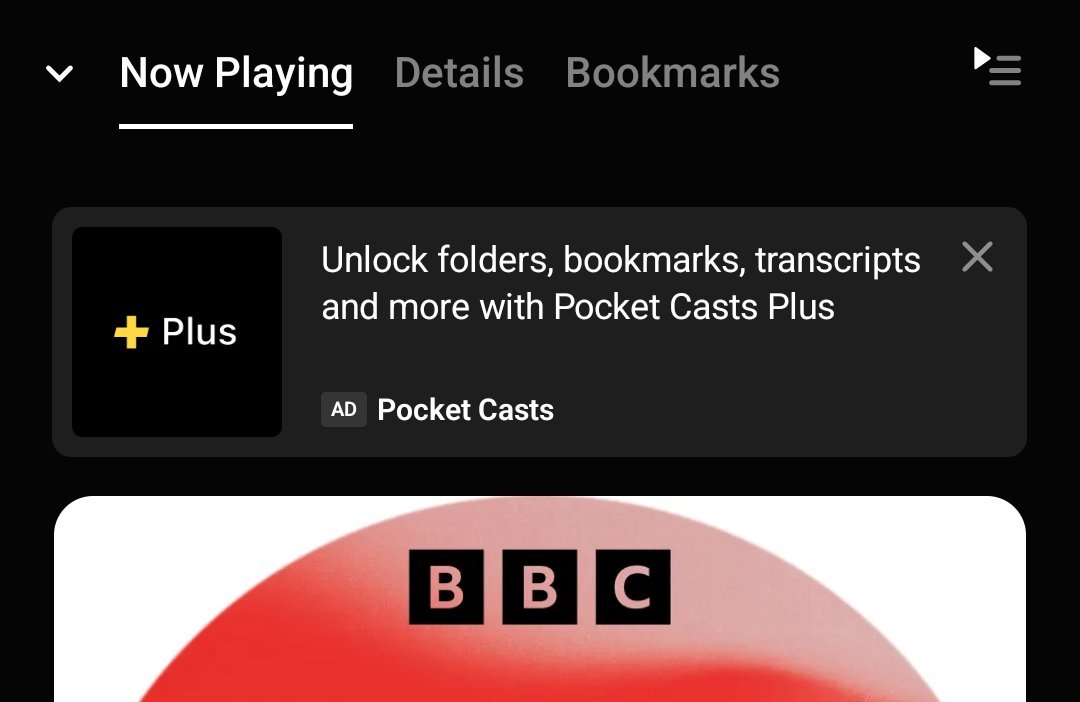
Pocket Casts, once hailed as a premium 'buy-once' podcast app, has ignited developer fury by introducing ads despite explicit lifetime promises. The app's tumultuous ownership journey—from NPR to Automattic—culminated this week in what users call a betrayal: banner ads appearing even for "Lifetime Members" now rebranded as "Champions."
Developer Matthew Brunelle chronicles this breach of trust in a recent analysis, noting: "People aren't upset you're seeking revenue. They're upset you're reneging on your promise."
The Technical Counterattack: Forking the Code
In 2022, Pocket Casts open-sourced its mobile apps—a decision now enabling developer pushback. Brunelle forked the repository and traced the ad implementation to two critical feature flags:
BANNER_ADS_PLAYER(
key = "banner_ad_player",
defaultValue = true, // Changed to false
tier = FeatureTier.Free
),
BANNER_ADS_PODCASTS(
key = "banner_ad_podcasts",
defaultValue = true, // Changed to false
tier = FeatureTier.Free
)
By flipping defaultValue to false and disabling Firebase remote overrides (hasFirebaseRemoteFlag = false), Brunelle compiled an ad-free debug build using Gradle commands:
./gradlew :app:assembleDebugProd
./gradlew :app:installDebugProd
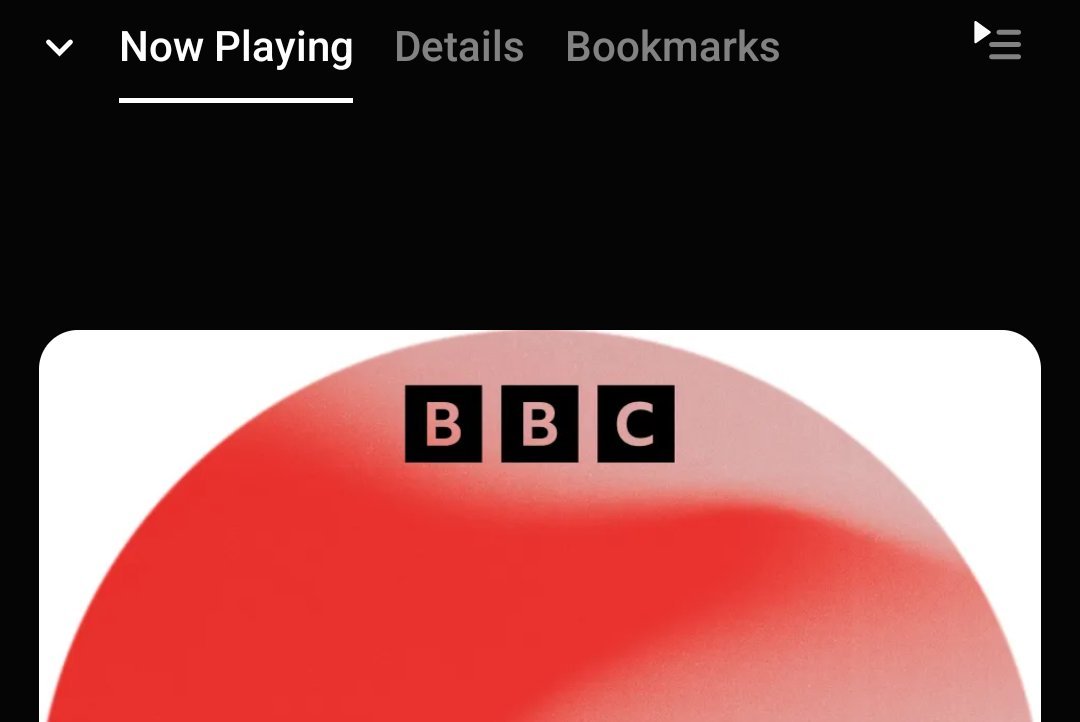
He later discovered a simpler exploit: the debug build's hidden feature toggle menu allows disabling ads without code changes—for now.
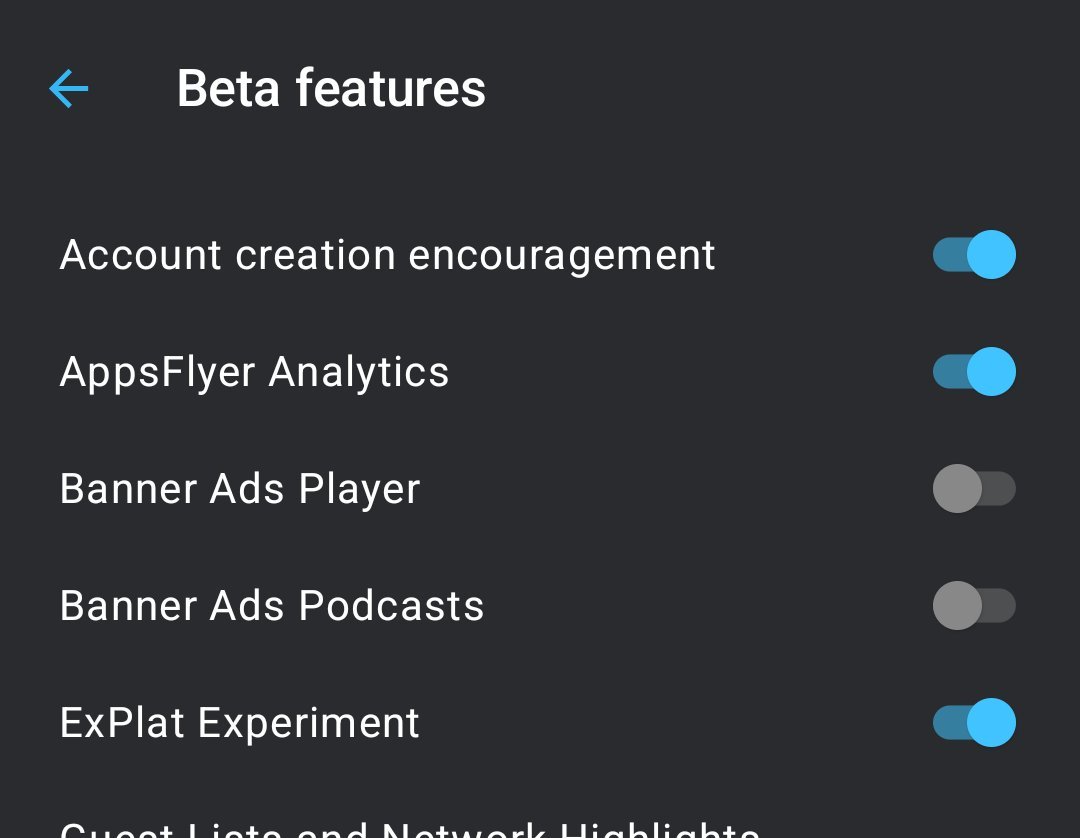
Monetization vs. Trust: A Broken Covenant
Pocket Casts' financial struggles aren't new—NPR reported $800k losses before selling to Automattic. Yet Brunelle demands transparency: "Why does a podcast app cost so much? If you explain, we might understand." He proposes radical collaboration: "You open-sourced the app. Let the community help optimize it."
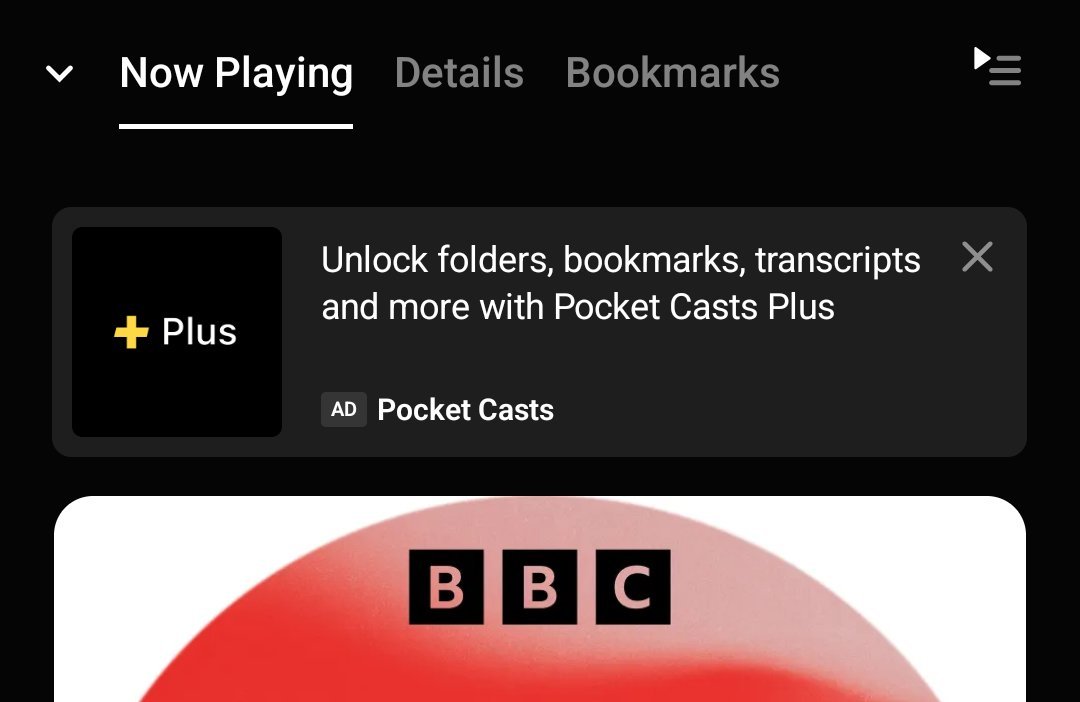 The new ad placement (above artwork) sparked the backlash.
The new ad placement (above artwork) sparked the backlash.
The Open-Source Dilemma
While Brunelle's workaround works today, he warns of future hurdles: Google's APK restrictions may block sideloaded mods, and feature flags could vanish once ads are "permanent." His contingency? Migrate to alternatives like AntennaPod + PinePods for self-hosted sync: "If I weren't grandfathered in, I'd jump ship."
This saga underscores a critical tension: when commercial apps embrace open-source, community contributions become double-edged swords. As Brunelle notes, "You extended an olive branch by open-sourcing. Let's work together—we're not too scary." Whether Automattic will heed that call remains uncertain, but developers now hold the code to resist unwanted changes.
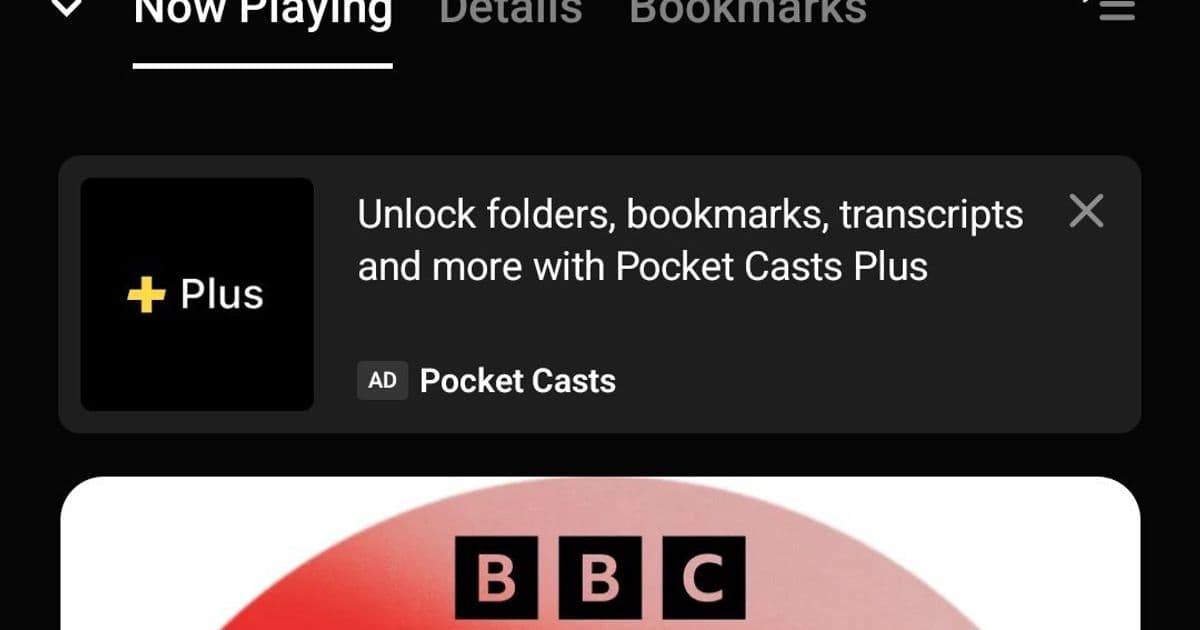
Comments
Please log in or register to join the discussion